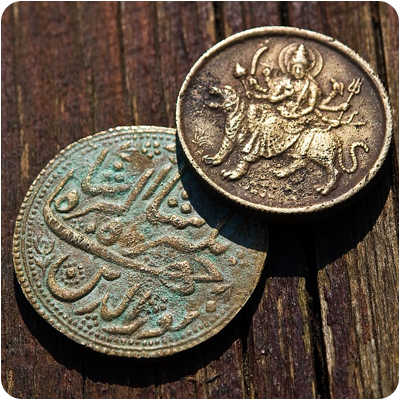Het arrangement Lending and borrowing money - hv3 is gemaakt met Wikiwijs van Kennisnet. Wikiwijs is hét onderwijsplatform waar je leermiddelen zoekt, maakt en deelt.
- Auteur
- Laatst gewijzigd
- 24-06-2025 20:15:56
- Licentie
-
Dit lesmateriaal is gepubliceerd onder de Creative Commons Naamsvermelding-GelijkDelen 4.0 Internationale licentie. Dit houdt in dat je onder de voorwaarde van naamsvermelding en publicatie onder dezelfde licentie vrij bent om:
- het werk te delen - te kopiëren, te verspreiden en door te geven via elk medium of bestandsformaat
- het werk te bewerken - te remixen, te veranderen en afgeleide werken te maken
- voor alle doeleinden, inclusief commerciële doeleinden.
Meer informatie over de CC Naamsvermelding-GelijkDelen 4.0 Internationale licentie.
Aanvullende informatie over dit lesmateriaal
Van dit lesmateriaal is de volgende aanvullende informatie beschikbaar:
- Toelichting
- Deze les valt onder de arrangeerbare leerlijn van de Stercollecties voor Engels voor havo en vwo, leerjaar 3. Dit is thema 4 'Money'. Het onderwerp van deze les is: Lending and borrowing money. In deze les staat geld (uit)lenen centraal. Daarnaast wordt ook de geschiedenis van geld besproken. De onregelmatige werkwoorden in deze les zijn: to lead, to leave, to lend en to let. In de grammaticaopdracht wordt comparisons (vergelijkingen) behandeld.
- Leerniveau
- HAVO 3; VWO 3;
- Leerinhoud en doelen
- Engels;
- Eindgebruiker
- leerling/student
- Moeilijkheidsgraad
- gemiddeld
- Studiebelasting
- 1 uur 40 minuten
- Trefwoorden
- arrangeerbaar, comparisons (vergelijkingen), engels, geld (uit)lenen, geschiedenis van geld, hv3, lending and borrowing money, stercollectie
Gebruikte Wikiwijs Arrangementen
VO-content Engels. (2020).
Spending and saving money - hv3
https://maken.wikiwijs.nl/156907/Spending_and_saving_money___hv3

 The subject of this double period is lending and borrowing money.
The subject of this double period is lending and borrowing money.










